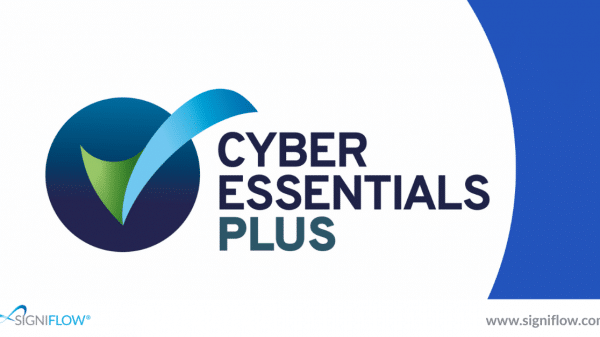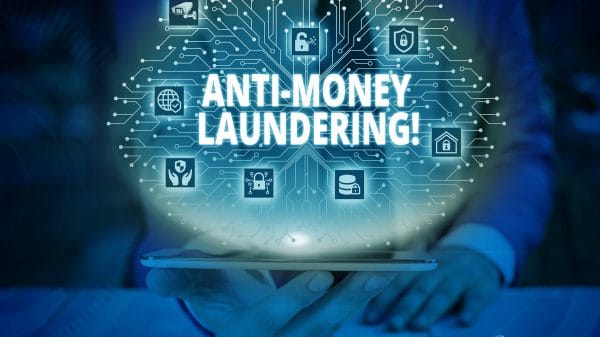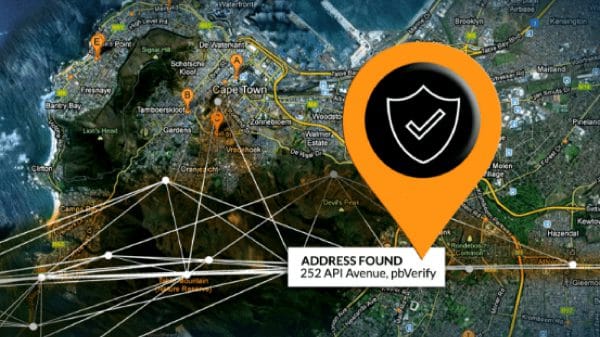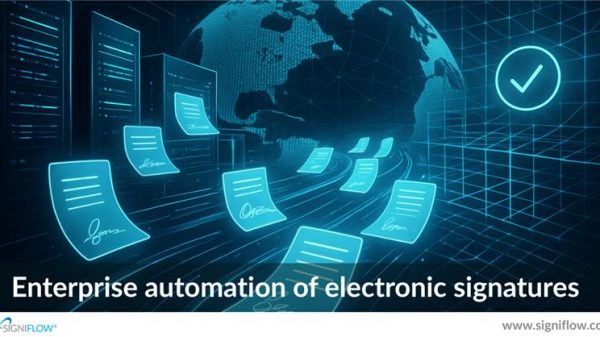The uptake of eSignature technology in Australia has mushroomed since the onset of the global COVID-19 pandemic.
The current state of eSignature technology in Australia has been largely informed by restrictions implemented due to COVID-19. The introduction of the COVID-19 Omnibus (Emergency Measures)(Electronic Signing and Witnessing) Regulations 2020 and subsequent updates by the respective jurisdictions has drastically changed how Australian businesses transact with clients and customers.
In the past, legal documents needed to be signed and/or witnesses with a wet ink signature. Businesses traditionally satisfied these requirements by printing out hard copies, and acquiring the relevant individual’s pen-to-paper signature.
However, during the pandemic’s peak this method of execution became unfeasible, due to strict lockdowns and work-from-home policies, which are still in effect today.
Government green light for eSignatures
State Governments recognised these disruptions to day-to-day operations and, in turn, allowed for the broader use of eSignatures. These changes enabled businesses to transact digitally and derive operational efficiencies within an already geographically distributed workforce.
Queensland state government decided to permanently enact several temporary measures introduced in response to the pandemic, including electronic signatures as a means to witness someone signing a document. In some cases, the witness is not required to eSign on the original document.
Annastacia Palaszczuk’s government introduced these temporary measures in April 2020, and they were recently extended by Chief Health Officer, Jeannette Young, for another eight months.
Victoria was the first state to make permanent changes that allow eSignatures for mortgage documents. The changes came into effect with the introduction of the Justice Legislation Amendment (System Enhancements and Other Matters) Bill 2021.
The bill allows for electronic signing and remote witnessing of legal documents in Victoria by amending the Electronic Transactions (Victoria) Act 2000, which clarifies that mortgages can be in electronic form.
The New South Wales Attorney-General implemented special measures in response to the COVID-19 pandemic, allowing for the remote witnessing of certain documents such as affidavits, deeds and statutory declarations. These measures have been extended until the end of 2021, with a strong probability of them becoming permanent.
Similarly, in other states, companies can now execute documents electronically under section 127 of the Corporations Act. However, these measures are temporarily effective until 31 March 2022, with the expectation that they will be made permanent in time.
The passing of the Treasury Laws Amendment (2021 Measures No.1) Act 2021 (Amending Act) in August 2021 expressly permits the electronic execution of documents by Australian companies under the Corporations Act of 2001.
eSignatures in Australia: Electronic transactions legislation
Australian law specific to electronic transactions is relatively complicated due to the federal nature of the country’s government. The key legislation is the Electronic Transaction Act (ETA) of 1999, which applies to all states governed by Commonwealth laws.
To add further complexity, each State and Territory in Australia has its own electronic transactions legislation, which mirrors the Electronics Transaction Act. However, some include exceptions that apply when a transaction is governed by the relevant State or Territory laws.
The new state and national provisions do not refer to the prescribed method of electronically signing, but rather focus on the need for the method or application to identify the person signing the document.
Advanced and Qualified methods of e-Signing according to EU regulations
Suppose your company does business in the EU and UK. In that case, eIDAS (Regulation 910/2014/EC) sets out specific criteria for the Regulation for Advanced or Qualified eSignatures.
Companies that operate in these geographies are swift to opt for Advanced and Qualified eSignatures, instead of Simple Electronic Signatures.
Advanced Electronic Signatures (AES) meet and exceed additional requirements set out in eIDAS Regulation Article 26. This method of signing is required, by eIDAS, to uniquely link the person to the data or document in electronic form.
Advanced and Qualified eSignatures (also known as Digital Signatures) are created using more sophisticated technology that embeds signer identity into the document, thereby meeting a higher standard of security and stricter identity validation criteria. They have the same legal effect as a handwritten signature.
With eIDAS compliance front of mind, companies can set the foundation for a clear legal framework to transact safely and securely, while ensuring compliance with the Australian and global Electronic Transaction Acts.
Technology in the spotlight
SigniFlow, a leading eSignature software provider, meets and exceeds Australian National and State laws relating to the execution of documents electronically.
Unlike simple electronic signatures, SigniFlow uses Advanced and Qualified Signatures to embed signer identity into the document at the time of signing, thereby ensuring non-reputation in a court of law.
SigniFlow’s eSignature technology complies with the strict Advanced and Qualified eSignature standards defined by eIDAS Regulation.
As quoted in the Law Institute Journal (VIC), “SigniFlow provides robust evidence to prove the identity of the signing party.”
SigniFlow, trusted by global conglomerates and banks, brings about powerful workflow functionality to speed up the process of getting documents signed electronically.
REFERENCES
- Vic.gov.au – COVID-19 Omnibus (Emergency Measures) (Electronic Signing and Witnessing) Regulations 2020
- Brisbane Times – Chief Health Officer’s ‘extraordinary’ powers extended for eight more months
- Vic.gov.au – Justice Legislation Amendment (System Enhancements and Other Matters) Bill 2021
- The Advisor – Victoria passes mortgage eSignature laws
- Vic.gov.au – Electronic Transactions (Victoria) Act 2000
- Gilbert + Tobin – New regulations facilitate remote witnessing and attestation in NSW in response to COVID-19
- Federal Register of Legislation – Electronic Transactions Act 1999
- Information Commissioner’s Office – What is the eIDAS Regulation?
- Parliament of NSW – COVID-19 Legislation Amendment (Emergency Measures) Bill 2020
- Law Institute Victoria – COVID-19 Omnibus (Emergency Measures) (Electronic Signing and Witnessing) Regulations 2020
- Russell Kennedy Lawyers – Update on electronic signatures
- Federal Register of Legislation – Treasury Laws Amendment (2021 Measures No. 1) Act 2021
- European Commission – eIDAS Regulation
- European Commission – eIDAS Observatory
- Law Institute Journal – SigniFlow



























